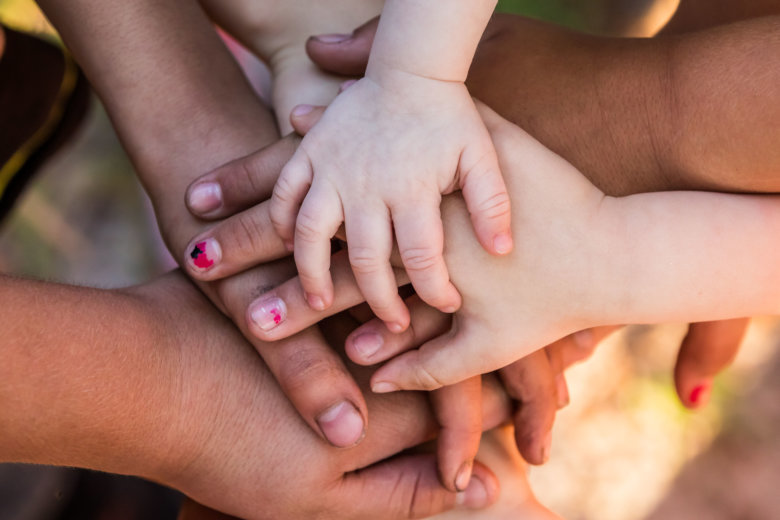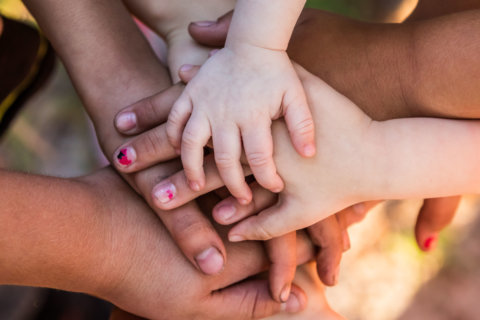
For all parents of soon-to-be kindergarteners, by now, you’re well-acquainted with all the work that goes into preparing a child for school. Kindergarten readiness has long been associated with the ABCs and 123s, and understandably so. Mastering skills such as being able to count and recite the alphabet, and knowing one’s shapes and colors all serve to lay a strong foundation for reading, writing and arithmetic.
That said, it’s worth noting that an ability to develop and maintain relationships has recently been added to this list of so-called IQ skills. Its addition makes clear that social and emotional skills, along with several other skills often misleadingly described as “soft” and “non-cognitive,” are now being acknowledged as critical when it comes to school readiness.
Honing the ability to focus and pay attention, be a good listener, share, take turns and play nice with others may seem like common sense. Yet these types of “other” skills are now collectively being recognized to be of equal, if not greater importance, than IQ skills by everyone from educators, pediatricians and neuroscientists to economists, entrepreneurs and business leaders.
[Read: 6 New Rules for Praising to Raise Kind, Successful Kids.]
With that in mind, it’s important as the new school year begins that parents integrate teaching kids what I like to refer to as Qi (think positive “life force”) skills as well, while helping them develop as students. This is something that you’ll want to do, of course, not just before their first day, but as they continue to grow and develop, both in the classroom and outside of it. Here’s a breakdown of Qi skills — which I’ve also outlined in my book “The Toddler Brain” and my children’s book, “Jumping Into Kindergarten” — you’ll want to be sure to encourage and cultivate:

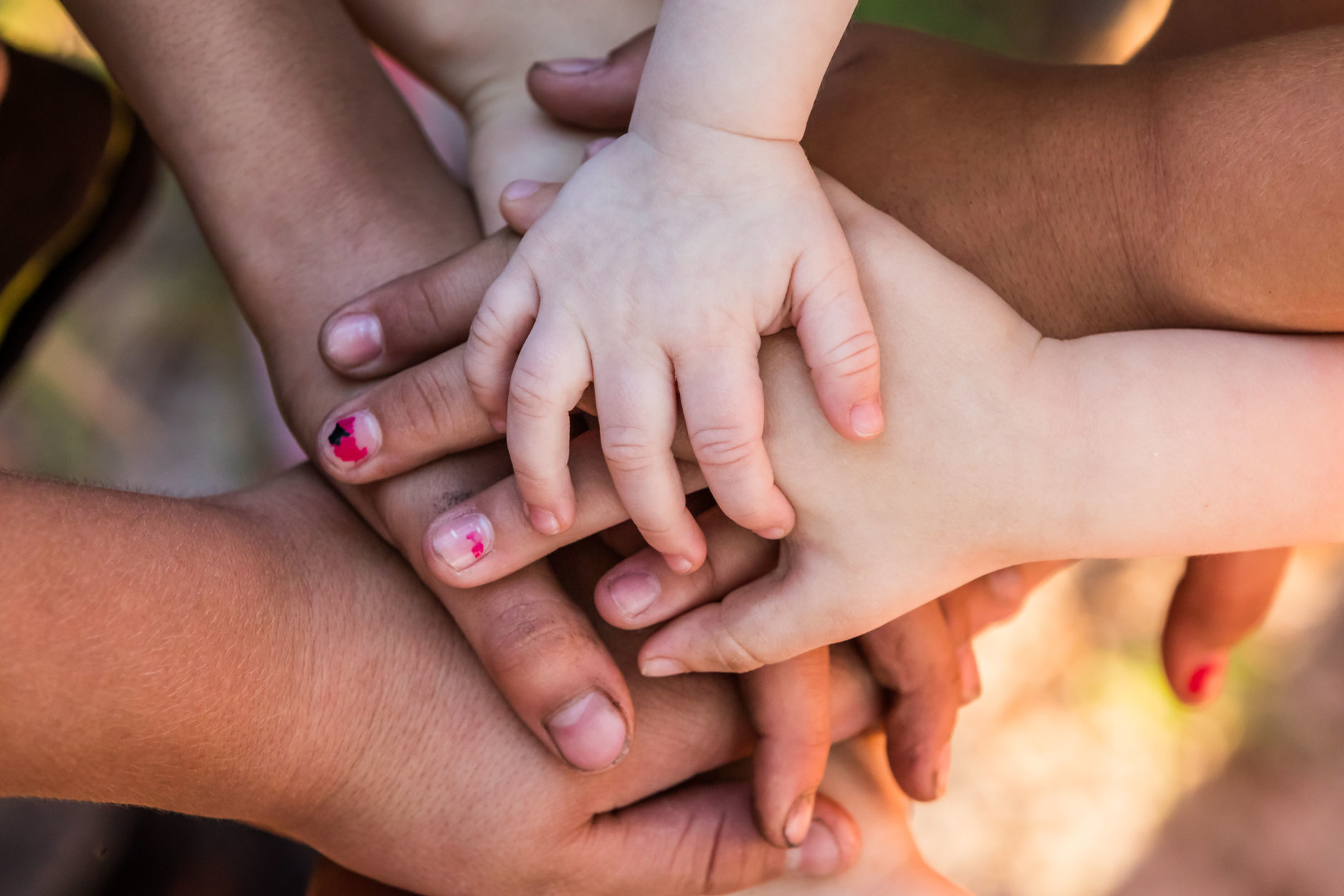
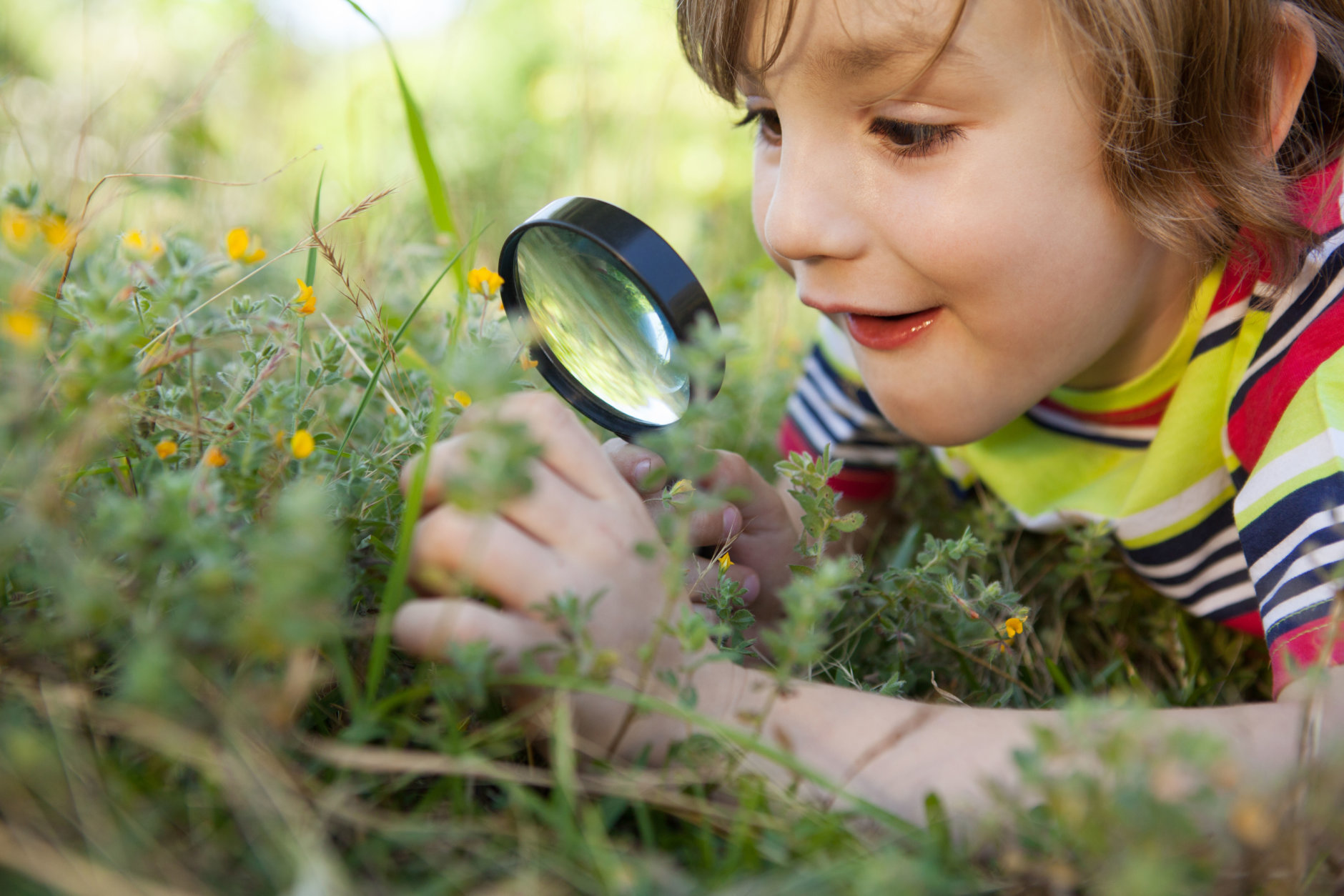


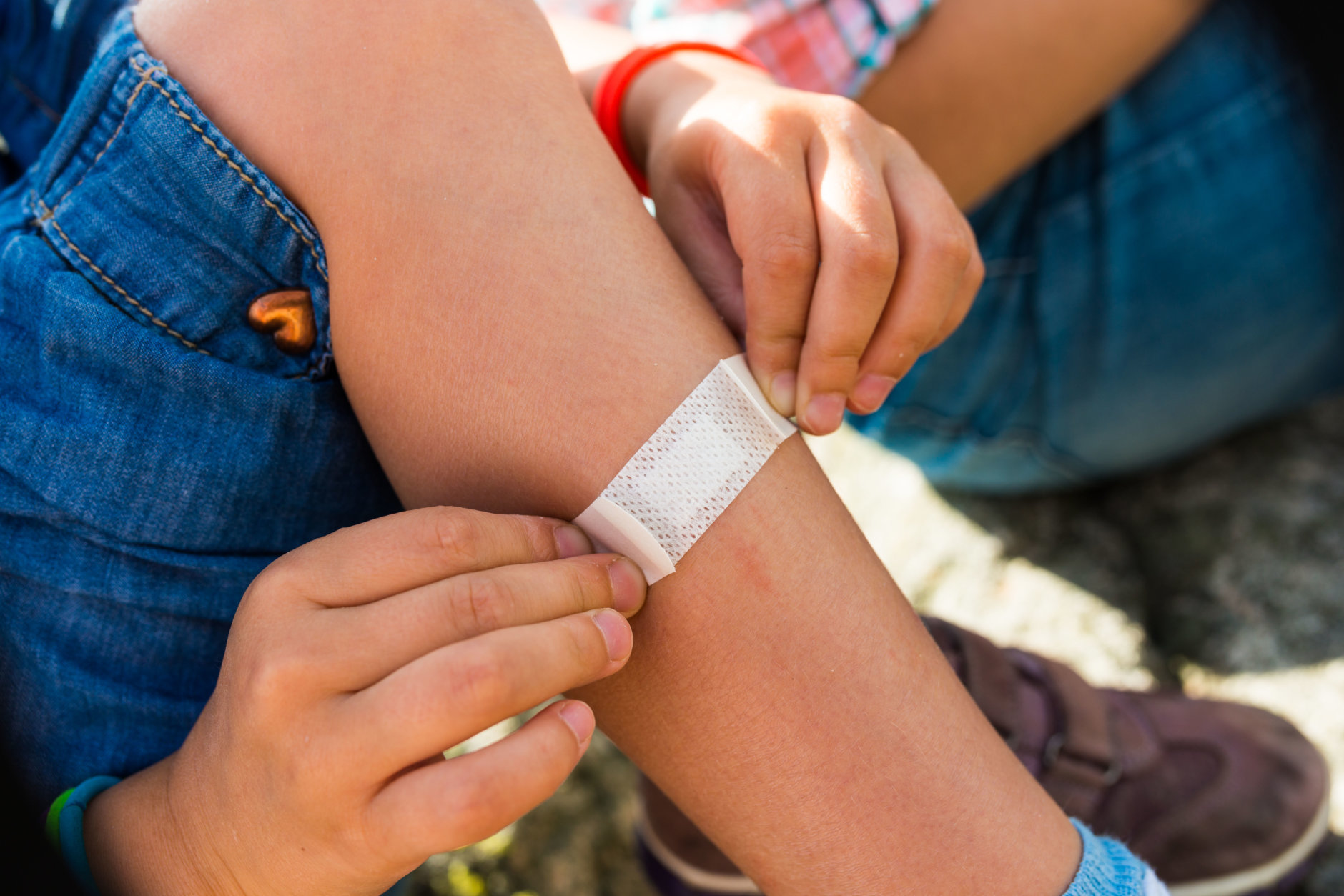


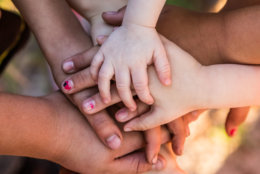
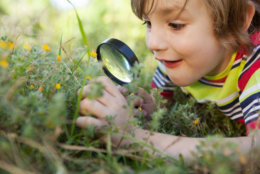


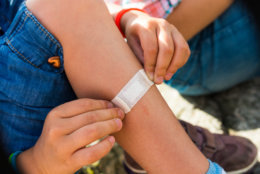

As the summer winds down, I must admit I find myself imagining what my own back-to-school parenting experience will be like. After all, this is the year I send the last of my children off to college and officially exchange my longstanding membership in the parents of school-age children’s club for the empty nest club. My kids’ Spiderman backpacks, glue sticks and kid-friendly scissors have long since been replaced with laptops, mechanical pencils and lots of expensive textbooks. What hasn’t changed is the fact that I will be sending my daughter, along with her two brothers, off to college with the very same key skills they each took with them to kindergarten — Qi skills that are proving themselves to be valuable not only in school but ultimately in life.
More from U.S. News
11 Ways Healthy Community Design is Working
10 Ways to Raise a Giving Child
10 Fun, Fresh Ways to Work Out Together as a Family
Send Kindergarteners to School With These Key Social and Emotional Skills originally appeared on usnews.com

